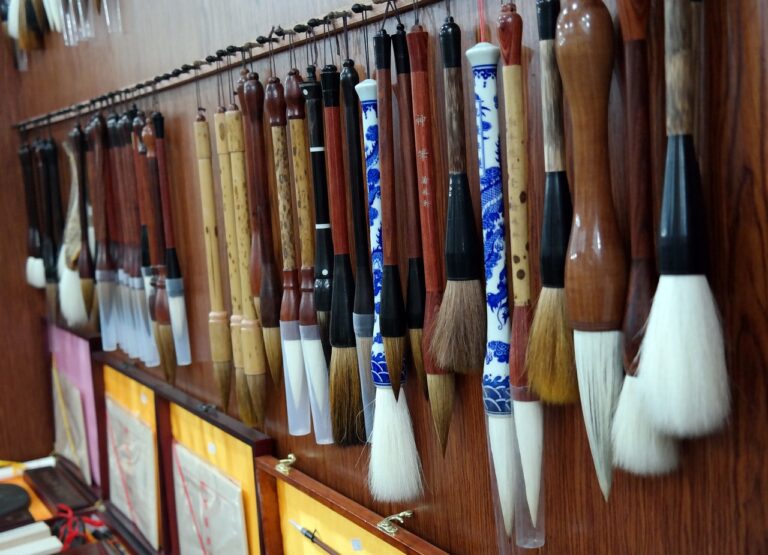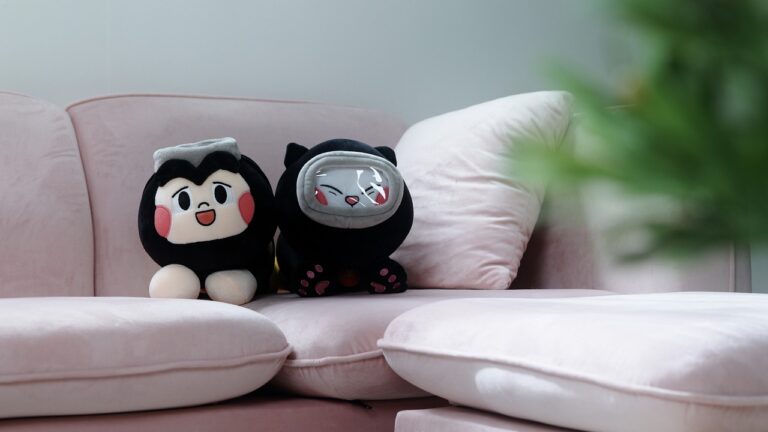Shopping for Sustainable Textiles: Organic Cotton, Hemp Fabrics, and Recycled Polyester
Sustainability has become a focal point in the textile industry, with more consumers and businesses alike looking for environmentally friendly options. When choosing sustainable textiles, it is crucial to consider the materials used. Opt for fabrics that are natural, organic, or recycled to minimize the environmental impact of your clothing choices.
In addition to the materials, the production process also plays a significant role in determining the sustainability of textiles. Look for brands and manufacturers that prioritize ethical practices, such as fair labor conditions and minimal water usage. By being mindful of both the materials and production methods, you can make a more informed decision when selecting sustainable textiles for your wardrobe.
Benefits of Organic Cotton in Fashion
Gaining popularity among eco-conscious consumers and fashion brands alike, organic cotton offers a range of benefits within the fashion industry. Boasting a lesser environmental impact compared to conventional cotton, organic cotton cultivation relies on natural processes and materials, reducing the usage of harmful chemicals and pesticides. This promotes healthier ecosystems and safeguards the well-being of farmers and surrounding communities.
In addition to its environmental advantages, organic cotton also presents benefits for the wearers. As organic cotton is grown without genetic modification and harsh chemicals, the resulting textiles are free from allergens and toxins, making them ideal for individuals with sensitive skin. Furthermore, the durability and breathability of organic cotton garments ensure comfort and longevity, providing sustainable style options for fashion-conscious consumers.
Exploring the Versatility of Hemp Fabrics
Hemp fabrics have been gaining popularity in the fashion industry due to their versatility and sustainability. This eco-friendly material is known for its durability, breathability, and antibacterial properties, making it a great choice for various clothing items. From soft and cozy hemp t-shirts to sturdy and long-lasting denim, hemp fabrics can be used to create a wide range of stylish and comfortable garments.
In addition to clothing, hemp fabrics are also being utilized in accessories and home goods. From stylish handbags and hats to durable upholstery and bedding, the versatility of hemp allows for its incorporation into various products. With its natural resistance to mold and UV rays, hemp fabrics are not only fashionable but also practical for everyday use.
– Hemp fabrics are known for their durability, breathability, and antibacterial properties
– They can be used to create a wide range of clothing items such as t-shirts and denim
– Hemp fabrics are also being utilized in accessories like handbags and hats
– They are practical for everyday use due to their natural resistance to mold and UV rays
What are some key considerations when choosing sustainable textiles?
When choosing sustainable textiles, it is important to look for materials that have a low environmental impact, such as organic cotton or hemp. It is also important to consider the production process, including water usage, chemical usage, and energy consumption.
What are the benefits of using organic cotton in fashion?
Organic cotton is grown without the use of synthetic pesticides or fertilizers, making it better for the environment and for the people involved in the production process. It is also softer and more breathable than conventional cotton, making it a popular choice for clothing.
How versatile are hemp fabrics?
Hemp fabrics are extremely versatile and can be used for a wide range of products, including clothing, accessories, home goods, and more. Hemp is a durable and strong material that is also breathable and hypoallergenic, making it a great choice for a variety of applications.







